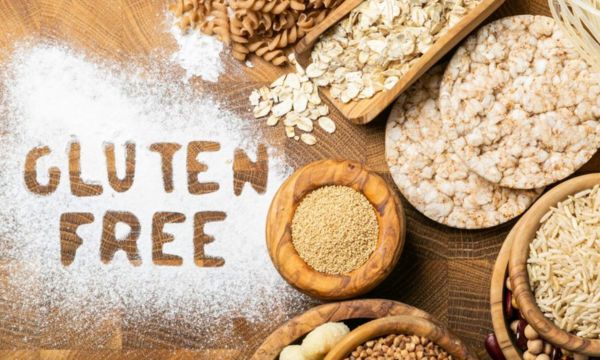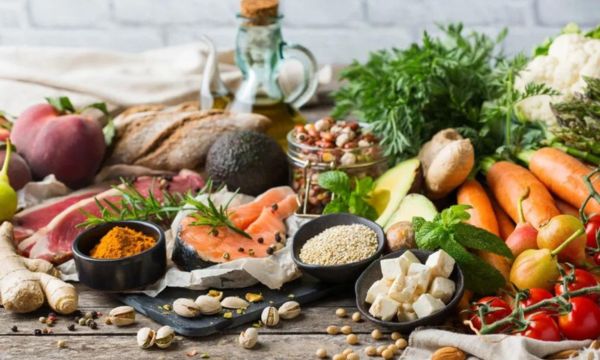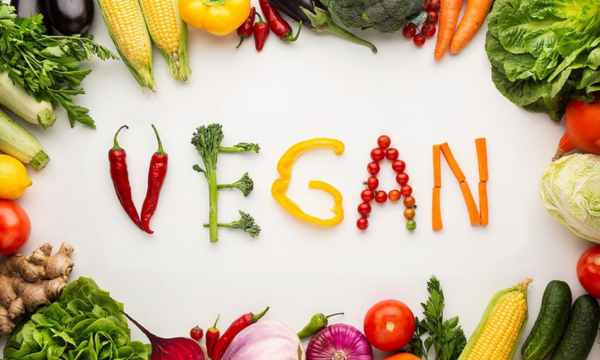The Importance of Proteins in Nutrition
Protein is often called the ‘building block of life’ and is a very important part of the human diet. They are important macronutrients that help the body with many things, such as building and healing tissue, proper functioning of the immune system and maintaining fluid balance. Understanding the role of protein in food is important to our overall health and well-being. In this complete guide, we discuss the importance of proteins, where they come from, how much you should eat, and how they affect different parts of your health.
What Does Protein mean?
Proteins are large, complex molecules made up of small molecules called amino acids. Amino acids are often referred to as the building blocks of proteins. There are twenty different amino acids, and these can be combined in many different ways to produce many different proteins. Almost every biological process in the body depends on these proteins.
How Important is Protein for Good Nutrition:
In general, proteins play many important roles in nutrition and health:
1. Build and Repair the Organization
Proteins are the main building blocks that hold cells, tissues and organs together. They are important in the construction, maintenance and restoration of these buildings. When you eat protein, your body breaks it down into amino acids, which are then used to build and repair tissue.
2. How Enzymes Work
Proteins called enzymes speed up chemical processes in the body. They help with nutrition, metabolism and energy production, among other things. Without enzymes, many important processes would not function properly.
3. Helps the Immune System
A strong immune system requires proteins to function properly. Antibodies consist of proteins that help the body recognize and fight bacteria and viruses that try to invade. A lack of protein makes it more difficult for the immune system to fight threats.
4. Fluid Balance
Protein helps control the body’s fluid balance by keeping the amount of fluid in and around the cells at a stable level. This is very important for proper cell activity and systemic hydration.
5. How Energy is Generated
Carbohydrates and fats are the body’s main energy sources, but proteins can also provide energy when carbohydrate and fat stores are low. But that’s not what they usually do.
6. Movement and Failure
Proteins transport substances such as oxygen (with heme), fats (with lipoproteins) and minerals (with ferritin) through the body. They also store important nutrients until they are needed.
7. Produce Hormones
Proteins form hormones such as insulin and growth hormone. These hormones are important in controlling things like growth and blood sugar levels.
Protein from Food:
Protein is found in many foods, including those from animals and plants. Here are some popular ways to get protein from food:
1. Protein from Animal Sources
Meat: Beef, pork, chicken and lamb, especially lean meat, are high in energy.
Fish: Fish and seafood are great places to get high-quality protein, and fatty fish like salmon are a good source of heart-healthy omega-3 fatty acids.
Milk and Cheese: Milk, yogurt and cheese all contain protein, but Greek yogurt contains the most protein.
Eggs: Eggs are a good source of protein because they contain all the essential amino acids.
2. Proteins Found in Plants
Beans and Peas: Beans, lentils, chickpeas and peas are rich in energy and fiber from plants.
Seeds and Nuts: Almonds, peanuts, chia seeds and hemp seeds are all good protein-rich options.
The Difference between Tofu and Tempeh: These soy products are popular with vegetarians and vegans because they are rich in vegetable proteins.
Whole Grain: Some whole grains, such as quinoa and farro, contain high amounts of protein.
Plant Foods: Although vegetables typically contain less protein than other foods, they still increase the amount of protein you eat.
How much Protein should You Eat:
The amount of protein you should consume each day depends on your age, gender, activity level and overall health. The recommended dietary allowance (RDA) for protein in the United States is 0.8 grams per kilogram of body weight per day. But different people can have different needs.
Athletes and others who train hard often need more protein to help their muscles grow and repair. Women who are pregnant or breastfeeding also need more protein to help their baby or child grow and develop.
How Good are Proteins and Amino Acids?
Protein quality refers to the extent to which a protein source provides the amino acids the body needs. Based on the number of amino acids, proteins can be divided into two categories:
1. Complete Protein
These proteins contain sufficient amounts of the nine essential amino acids. Most proteins from animal sources, such as meat, fish, dairy products and eggs, are complete proteins.
2. Incomplete Protein
These proteins are missing one or more important amino acids. This is where most plant proteins fit in. However, you can combine different plant-based protein sources, such as beans and rice, to create a complete protein meal.
Protein and Health:
Getting enough protein is important for your overall health. Here are some ways that eating enough protein can impact your health:
1. Muscle Health
Proteins are important for maintaining muscle mass and building new muscles. Getting enough protein is especially important for athletes and older adults who want to prevent muscle loss and help new muscle grow.
2. Take Care of Your Weight
Foods rich in protein can help you feel full and control hunger pangs. Adding protein to meals and snacks can help you lose weight by lowering the total number of calories you eat.
3. Bone Health
Proteins are important for healthy bones because they ensure that calcium and other minerals enter the bones. A low-protein diet can weaken your bones and make them more prone to fractures.
4. How Wounds Heal
Proteins play a key role in wound healing and tissue fixation. Getting enough protein is important for recovery after an injury or surgery.
5. Hair and Skin Health
Hair and skin are both made of proteins. If you consume a lot of protein, your hair and skin will be healthy.
Protein and Diet Plan:
Certain diets may require special factors when it comes to protein intake:
1. Meals for Vegetarians and Vegans
Vegetarians or vegans can get all the protein they need by eating a variety of plant-based protein sources. For example, by eating beans and rice together, you can ensure that you get enough amino acids.
2. Low Carb Diet
Some low-carb plans, like the ketogenic diet, focus on eating more protein to make up for eating fewer carbs. With these diets it is important to choose low-fat protein sources.
3. Health Problems
People with certain health conditions, such as kidney disease, may need specific advice about the amount of protein they should eat. In these cases, it is best to consult a doctor or a qualified nutritionist.
Conclusion:
Proteins are essential to human nutrition because they help the body do many important things. They are important for building and repairing tissue, ensure that enzymes can work, support the immune system, maintain fluid balance and more. For overall health and well-being, it is important to get enough protein through a varied diet that includes both animal and plant sources. Knowing the importance of protein can help people make smart food choices that help them stay healthy and live a fulfilling life.
FAQs:
1. Can I get enough protein with a vegetarian or vegan diet?
Yes, you can get enough protein from a vegetarian or vegan diet by including a variety of plant-based protein sources, such as beans, tofu and nuts. Combining complementary vegetable proteins ensures that you get all the essential amino acids.
2. Is excessive protein intake harmful to health?
Consuming too much protein can put strain on your kidneys and may be harmful to people with certain kidney diseases. For most people, a balanced protein intake within recommended guidelines is safe and beneficial.
3. Are there protein-rich foods that are suitable for weight loss?
Yes, protein-rich foods can help with weight management by promoting feelings of fullness and reducing overall calorie intake. Lean protein sources such as chicken, fish and beans are good choices.
4. How does protein intake affect muscle growth?
Protein is essential for muscle health and promotes muscle growth and recovery. Athletes and active people often need more protein to meet their exercise needs.
5. What should I do if I have dietary restrictions or allergies to protein sources?
If you have dietary restrictions or allergies, other protein sources are often available. Consult a registered dietitian to create a personalized nutrition plan tailored to your specific needs.
 Living Gluten-Free: A Comprehensive Guide
Living Gluten-Free: A Comprehensive Guide
Gluten-free living has gone from being the only option for a small group of people to being […]
More Understanding Daily Nutritional Needs
Understanding Daily Nutritional Needs
With all the nutritional recommendations out there, it can be difficult to figure out what to eat […]
More Going Vegan: What You Need to Know
Going Vegan: What You Need to Know
Veganism is not just a choice about what to eat; It’s also a commitment to a mindset […]
More